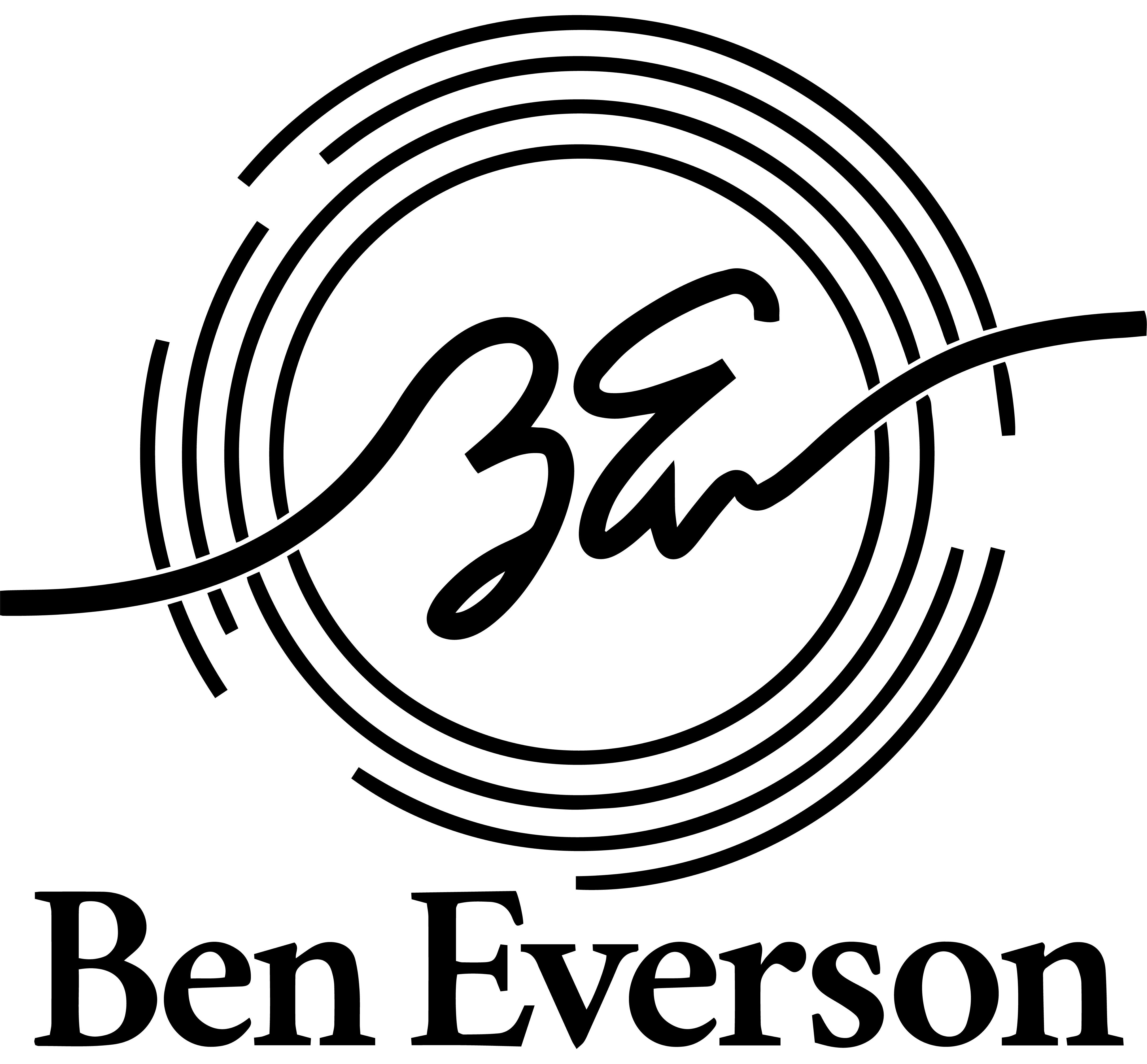My eyes are shaking … my energy is low … this is the last hour of the day for teaching private lessons … what do I have to give to this student? … the last 3 students sounded like one long blur … I am running on empty! Didn’t I say the same things to the last 5 students? … ( “Watch your pedaling” … ” don’t rush ” … ” exactly what key ARE you in? ” ).
Ah yes! I can tell many of you have been there, too! You get the “stales ” and the “drowsies” and keep checking that slow, torturously slow clock. Surely it ‘s been 20 minutes … no, only 7. What to do? What to do?
Here are a few suggestions, with minimal commentary, that might be beneficial for you before your tackling your next teaching week:
- See each student for his or her POTENTIAL, not for their present playing level. -You may have to use your imagination for some, but it can be a great motivator. Motivating the student is half the battle in teaching. Those that come with pre- packaged motivation are fun to teach, but discipline yourself to see every student improve in some way each week.
- Plan ahead. – Anticipate the problems of your own tiredness or doldrums and counter-attack with better personal scheduling of meals (sugar highs and lows), rest, and mental focus.
- Vary the lessons. – If the lesson usually starts with scales, end with scales. If you can temporarily move to a different piano or location, try that. If you mark on the student ‘ s music with a red pencil, try green. Get out of the rut without losing the consistency of regular lessons and practice times. Just change things around once in a while. Often a change is as good as a rest.
- Keep your own listening and playing alive. – When have you last sat still long enough to enjoy a full recital/concert or at least a full recording by a fine artist for your own musical edification? What new pieces have you sight read or explored recently?
- Ask the student to teach you. – Play the piece and ask for ways he or she thinks the music could be improved. Make your students think and speak. Deliberately play a wrong note here or there, but mainly focus on musicality and expression.
- Tape-record your lesson time.- You may be pleasantly surprised at how your doing, OR, you may discover some faults and be able to take some creative corrective action.
- Be there. – The former president of the college where I teach has often reminded the faculty to “be where you are”…in other words, give full attention to your responsibility for that 30 or 60 minute time slot.
- Humor the lesson.- That is, don’t be afraid to carefully and appropriately include viewing life and music from humorous viewpoints. This will lift you and your student out of the occasional doldrum dungeons.
- Keep current while maintaining the basics. – Visit the best websites (such as Piano Pedagogy Plus), investigate the professional organizations that are available, and develope professional relationships with others who can trade ideas and encouragement with you.
- Take a walk and spend some time kicking stones.
